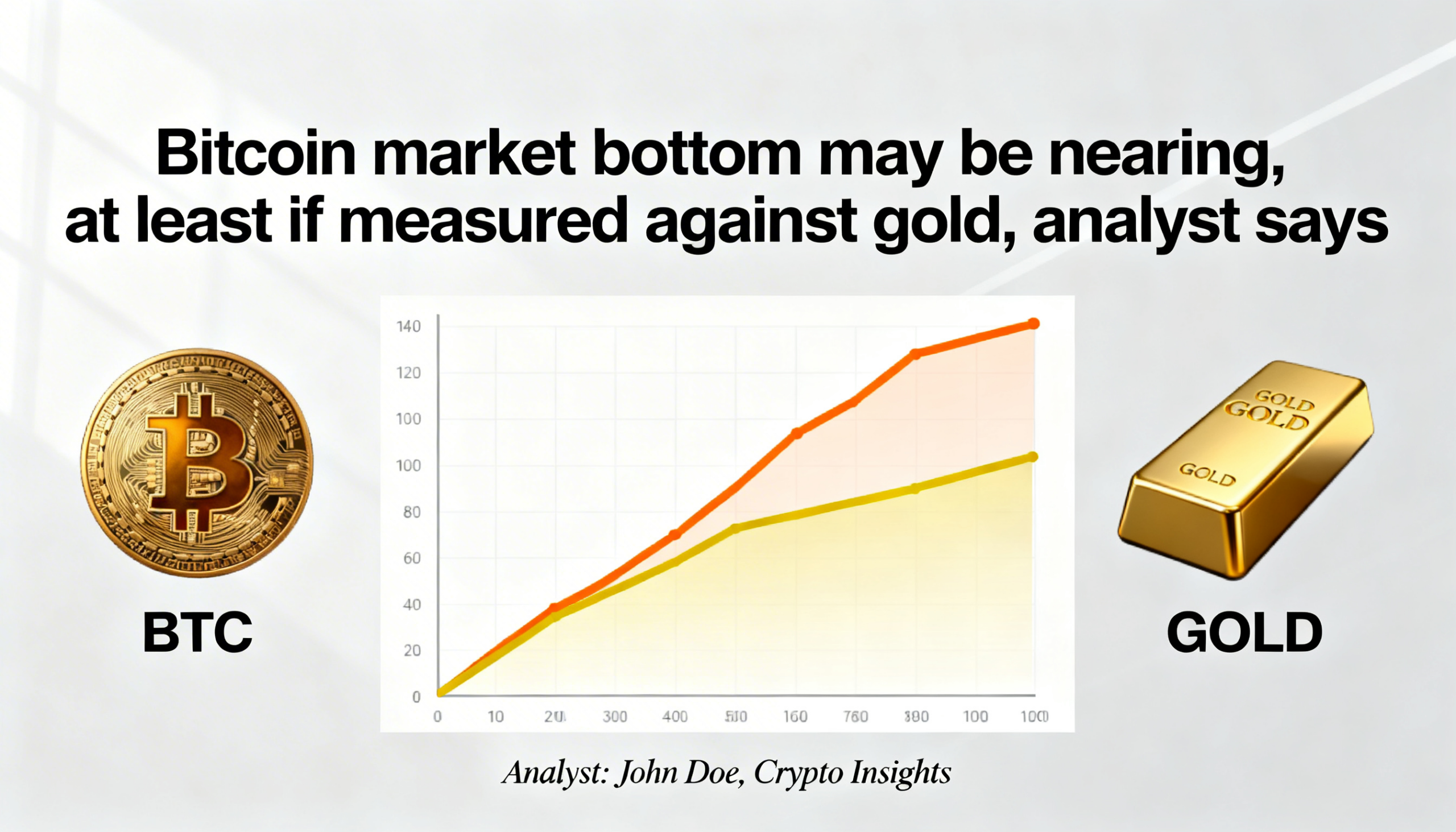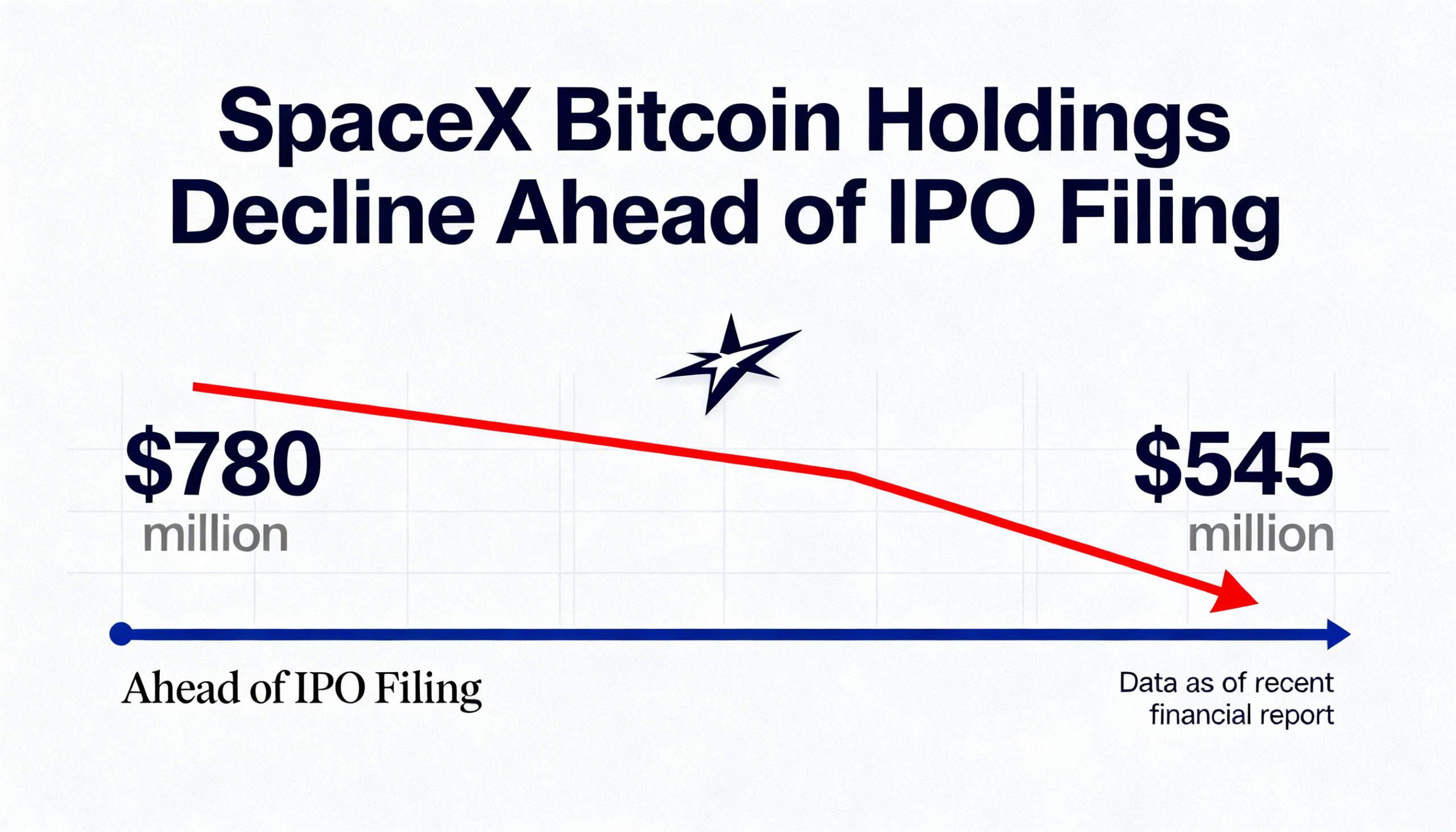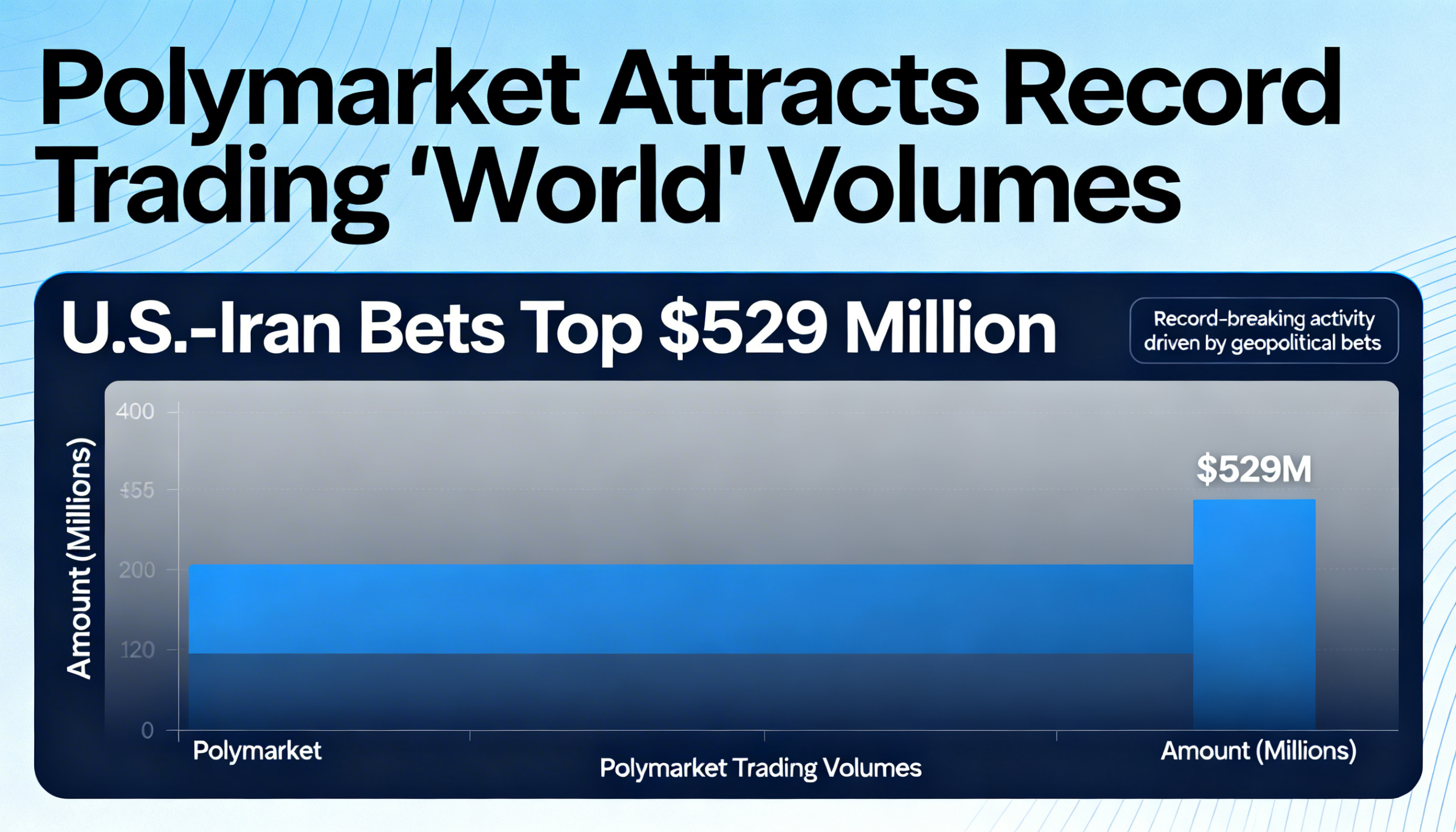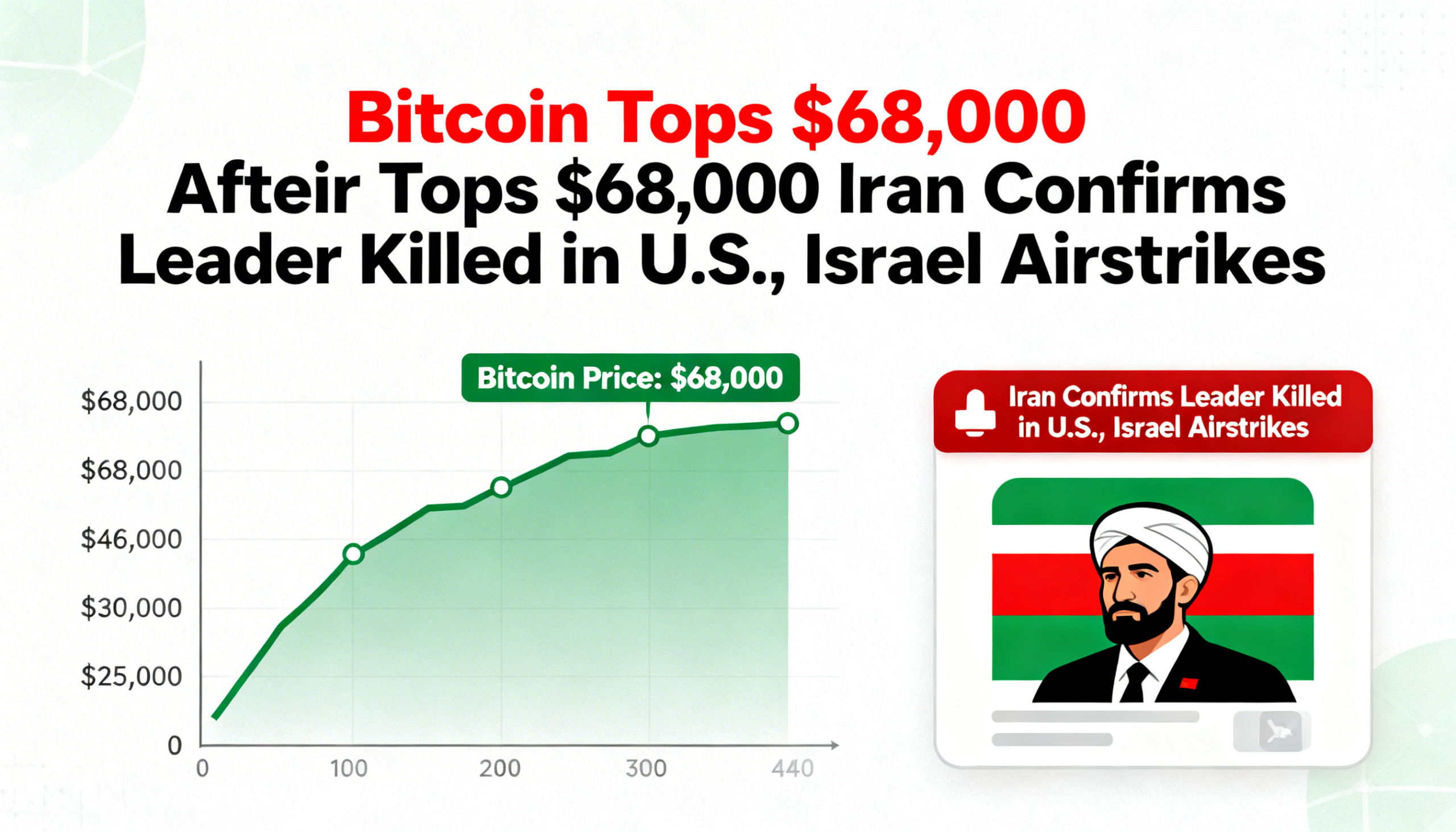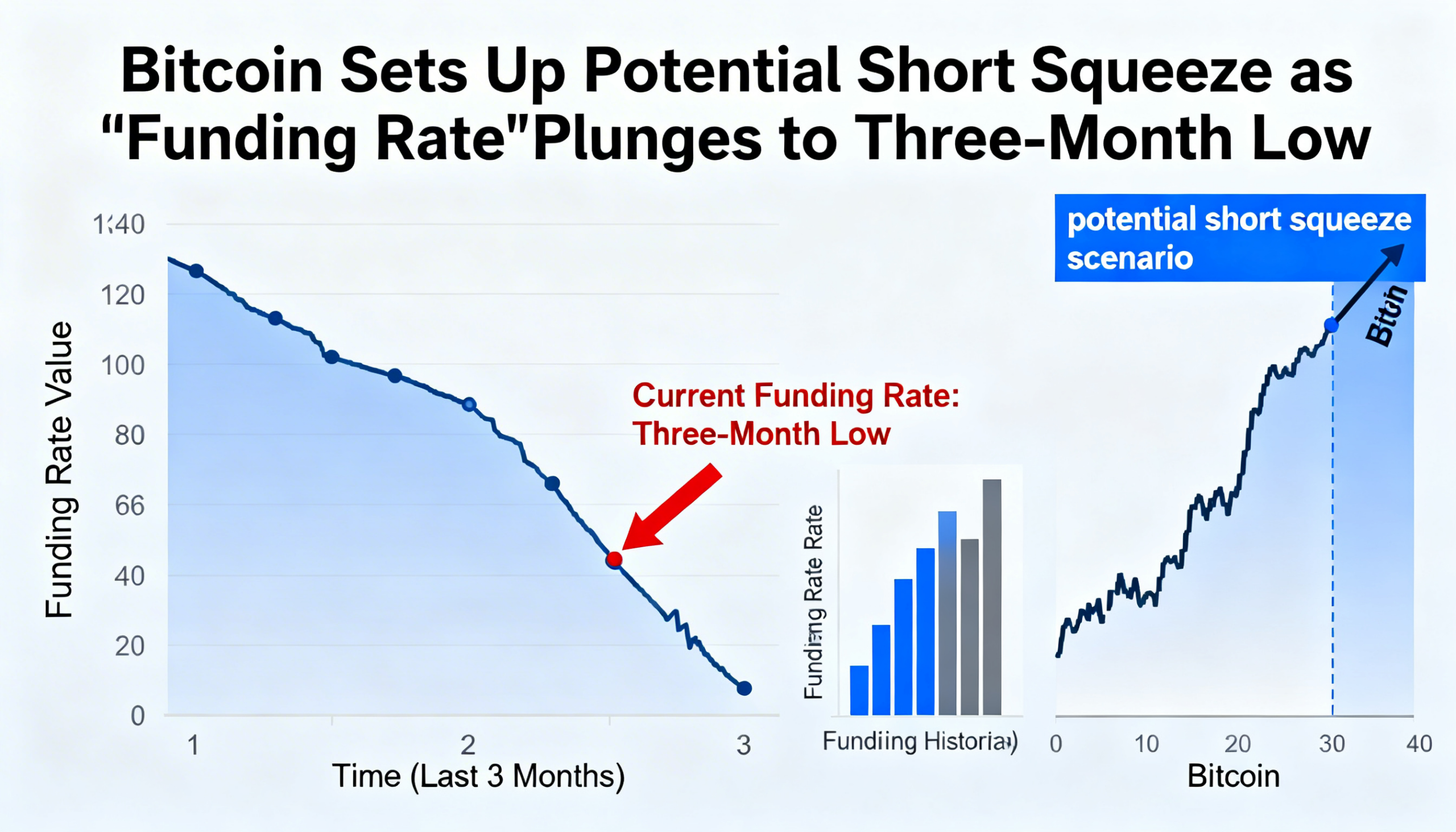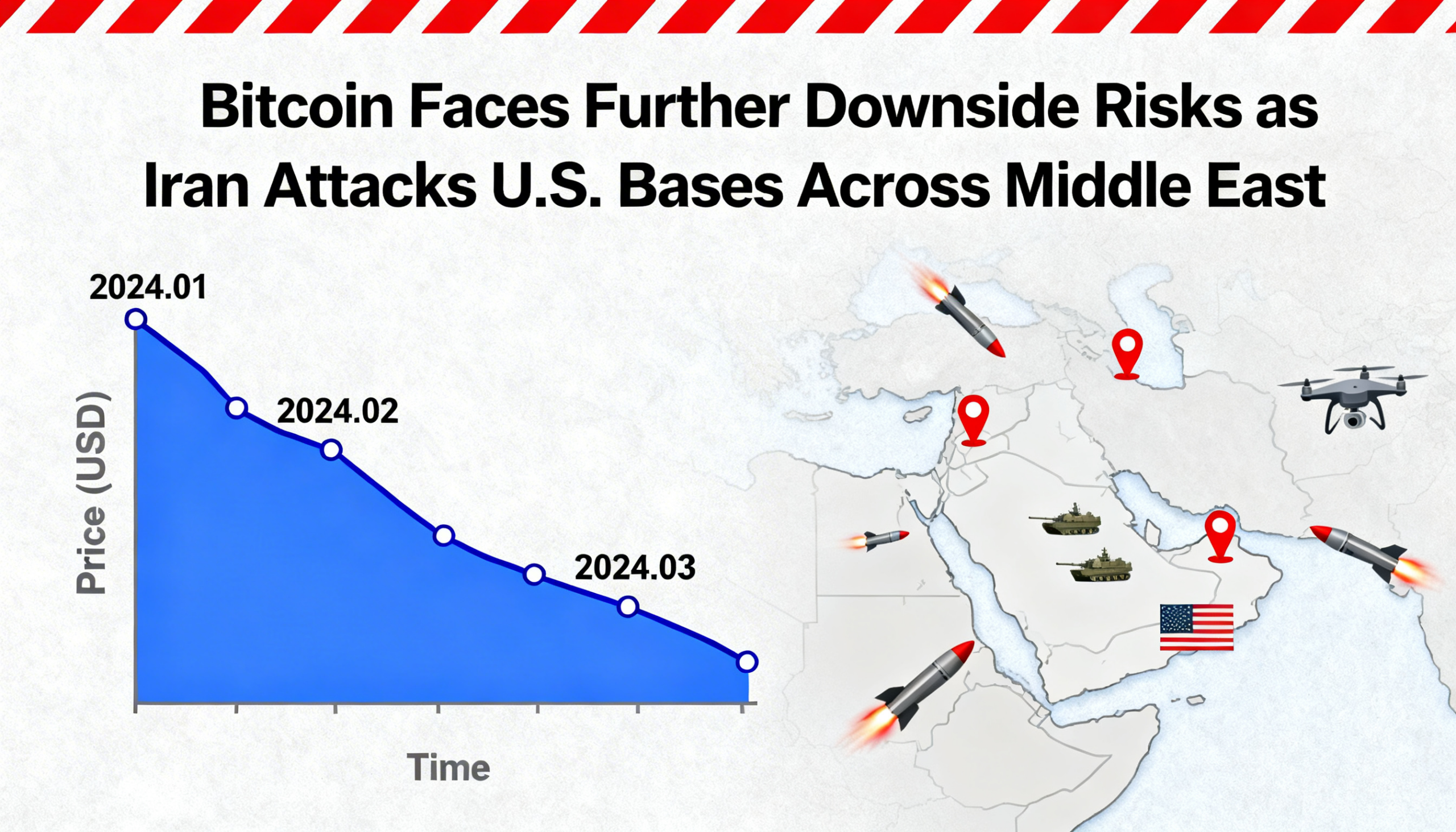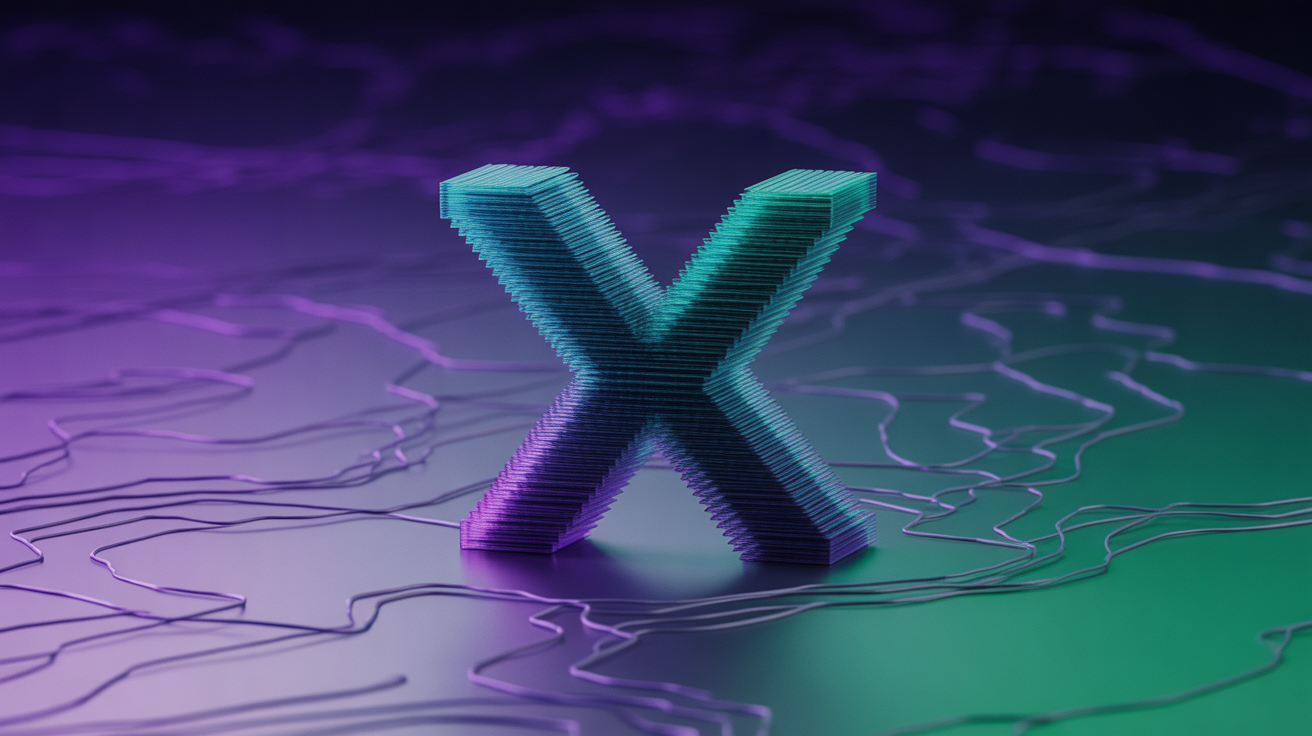
XRP Ledger’s Proposed ‘Batch’ Amendment Sparks Excitement With Atomic NFT Trade Potential
A new proposal for the XRP Ledger, known as the Batch (XLS-56) amendment, is gaining traction among developers and validators for introducing atomic transaction capabilities — a key step toward enabling complex, multi-operation blockchain transactions.
XRP validator Vet, who tested the feature on the devnet, shared insights on social media about the amendment’s potential, noting that it allows multiple transactions — such as NFT minting and payments — to be bundled and executed automatically within a single atomic operation.
According to Vet, this functionality could enable a peer-to-peer NFT-to-NFT trading system, where users can swap digital assets directly without intermediaries. For example, one user could trade five NFTs for another user’s two NFTs in a single, atomic transaction — ensuring simultaneous and secure execution without the risk of one side failing. Vet even suggested a RuneScape-style interface to make NFT swaps more interactive and accessible.
As of this writing, the Batch amendment holds 68.57% validator support, just short of the 80% threshold required for activation. The XRP Ledger (XRPL), an open-source blockchain underpinning Ripple’s cross-border payments ecosystem, relies on validator consensus to deploy new features.
What the Batch Amendment Introduces
The proposed Batch (XLS-56) amendment enables the grouping of multiple operations into a single transaction, executed under an “all-or-nothing” rule. This ensures that either all actions succeed together or none are processed, eliminating partial transaction risks.
The concept, rooted in computer science and database theory, ensures data integrity and reliability — vital for advanced use cases such as multi-party NFT swaps or multi-step financial transactions.
According to Teucrium’s Substack post, the amendment “drastically changes XRPL’s functionality by allowing up to eight transactions to be grouped into one batched operation.” Developers will also be able to select from four distinct execution modes:
- ALLORNOTHING – all grouped transactions execute successfully or none do.
- ONLYONE – only the first valid transaction executes.
- UNTILFAILURE – transactions continue until one fails.
- INDEPENDENT – each transaction executes separately within the batch.
These modes offer flexibility for developers to tailor execution logic and reliability levels to their applications, potentially unlocking more sophisticated NFT marketplaces and DeFi use cases on XRPL.

